Recovering from spinal surgery requires patience, dedication, and a holistic approach to fitness. A systematic exercise program will help you strengthen the supporting muscles of your spine, relieve pain and restore your mobility.
Incorporating fitness strategies such as gentle exercise, stretching, and strengthening exercises can promote a faster, smoother recovery. Holistic fitness focuses on the entire body and emphasizes physical, mental and emotional well-being.
In this article, we explore how holistic fitness can improve recovery from spine surgery.
Gentle exercise and stretching for early recovery
After spinal surgery, gentle range of motion is essential to promote circulation and prevent stiffness. Starting with gentle stretching will help you build flexibility without straining the recovering muscles.
Verywell Health notes that the Straight Leg Raise (SLR) is an exercise that targets lower back strength and aids recovery after surgery. Lie on your back, tighten your abdominal muscles, lift one leg for 2 seconds and then slowly lower it. Repeat for 10 to 15 reps and then switch legs. To gradually increase strength, repeat this exercise two to three times daily. Always consult your physical therapist to ensure good technique and avoid damage during rehabilitation.
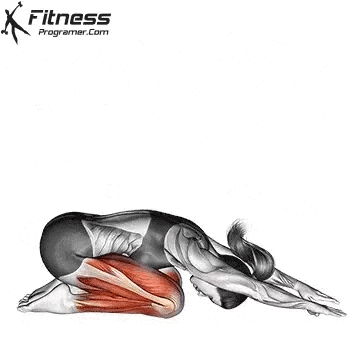
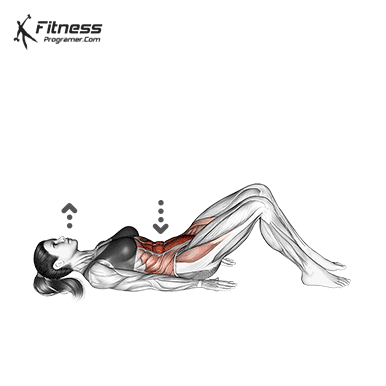
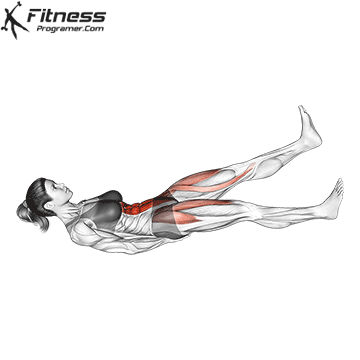
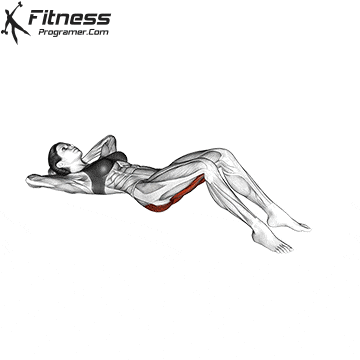
Simple movements like walking or pelvic tilts can gradually build strength and restore function. Stretching the muscles surrounding the spine helps maintain mobility and reduce tension.
How do I make sure I’m doing the exercises correctly?
Consult your physical therapist regularly to get feedback on your form and progress. If you feel discomfort or distress, it may be due to poor technique. Start with modest movements and increase the difficulty to ensure you don’t over-stress your body.
Strengthening the core muscles to support the spine
The core muscles play a critical role in supporting the spine during recovery. Strengthening these muscles is important to prevent strain on the spine. Focus on exercises that target the abdominal, back and hip muscles.
Exercises such as pelvic bridges, leg raises, or modified planks can help restore core strength. A strong core provides stability and reduces the risk of re-injury during everyday movements.
According to Healthline, seated spinal rotation stretches your hips, back, and shoulders, improving spinal flexibility. It engages your abdominal muscles and stimulates internal organs, promoting digestion and overall health. To perform the exercise, rotate your spine while supporting yourself with your hands, hold this position for up to a minute and repeat.
These exercises should be introduced slowly and gradually to avoid overexertion. As your strength increases, you will notice improved posture and better spinal support, helping you regain confidence in your body.


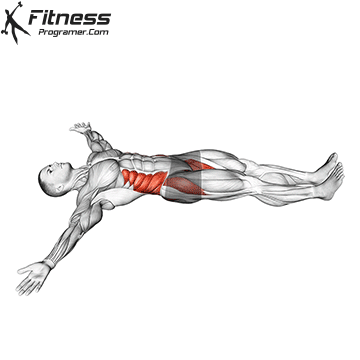

Can strengthening my core speed my recovery?
Yes, core strengthening can improve mobility, reduce pain, and potentially speed recovery. A strong core supports spinal health by reducing stress on your back muscles. As you regain strength and stability, your body can recover more efficiently.
The role of nutrition in recovery from spinal surgery
Proper nutrition is essential for a full recovery from spinal surgery. A balanced diet supports tissue repair and helps reduce inflammation. Focus on the following key nutrients to speed healing:
- Protein: Supports muscle regeneration and promotes tissue repair.
- Vitamin C: Reduces inflammation and supports healing.
- Omega-3 fatty acids: Found in fish or flaxseed oil, it helps reduce inflammation and supports joint health.
- Calcium: Strengthens bones, which is crucial for spinal recovery.
You can speed recovery and promote overall spinal health by incorporating these nutrients into your diet.
The National Spine Health Foundation mentions that vitamin D is essential for your body’s effective absorption of calcium and supports spinal health. Foods rich in vitamin D, such as fatty fish, mushrooms and egg yolks, promote the absorption of calcium. Without vitamin D, even a diet rich in calcium won’t provide the benefits your spine needs.
Can dehydration affect my recovery process?
Yes, dehydration can slow your recovery by affecting muscle function and tissue repair. Drink plenty of water throughout the day to maintain hydration and promote healing. Proper hydration helps maintain optimal blood circulation, which is critical to recovery from spinal surgery.
How qualified healthcare professionals can help
Qualified medical professionals are essential to creating a safe and effective recovery plan after spinal surgery. A physiotherapist can adapt the training to your individual needs and ensure good technique. They help you perform movements that promote healing while minimizing stress.
Registered nurses also manage recovery progress by monitoring vital signs, administering medications and checking for complications. They provide vital care to ensure proper pain management and prevent infections. Registered nurses are able to guide patients through safe rehabilitation exercises that promote healing.
According to Baylor University, registered nurses receive extensive training and typically complete a Bachelor of Science in Nursing (BSN). This degree provides advanced training in patient care, anatomy, and medical protocols. Some students enroll in the Accelerated Bachelor of Science in Nursing (ABSN) degree program, which is aimed at graduates from other disciplines.
The ABSN program accelerates the nursing education process and allows students to enter the industry more quickly. Many universities now offer one accelerated BSN program onlineThis allows students to learn at their own pace. The online format is aimed at people with full-time employment and allows them to learn in the evenings or on weekends.
What should I ask my doctor before starting exercise?
Before beginning any exercise, research appropriate exercises for your specific surgery and recovery stage. Find out about proper techniques, how to avoid injury, and what signs to look for when exercising. Make sure your doctor knows if you experience any discomfort while performing the exercises.
Mental and emotional well-being during recovery
Recovery from spine surgery isn’t just physical; it also requires mental and emotional support.
ScienceDirect notes that patients undergoing spine surgery are at higher risk of postoperative depression compared to other surgeries.
Studies show that spinal surgery patients face unique factors that predict both pre- and post-operative depression. Research highlights the importance of identifying these predictors to reduce the risk of depression after surgery.
Stress and frustration can hinder growth if not managed appropriately. Mindfulness exercises like deep breathing or meditation can help you manage anxiety. These approaches can help you feel better and experience less discomfort. Stay socially engaged and seek help from family or friends to stay motivated.
A positive attitude can significantly impact your speed of recovery. You create a more balanced and holistic approach to healing by focusing on your mental health. This makes it easier to stay on track and recover fully.
Can mental well-being affect the speed of physical recovery?
Yes, mental well-being directly impacts physical recovery by reducing stress and promoting better sleep. Managing anxiety and depression helps the body recover faster by reducing cortisol levels and promoting healing. Emotional balance creates a more effective environment for physical healing after surgery.
Recovery from spine surgery requires more than just physical therapy; it requires a holistic approach. The combination of gentle exercise, core strengthening and proper nutrition will help speed recovery and improve results. It is important to remember that mental and emotional health also plays a key role in healing.
Mindfulness techniques can reduce stress while social support keeps you motivated and connected. Focusing on all aspects of wellness allows individuals to address the challenges of recovery head-on. You can recover faster and enjoy a better quality of life after surgery if you prioritize both physical and emotional health.





